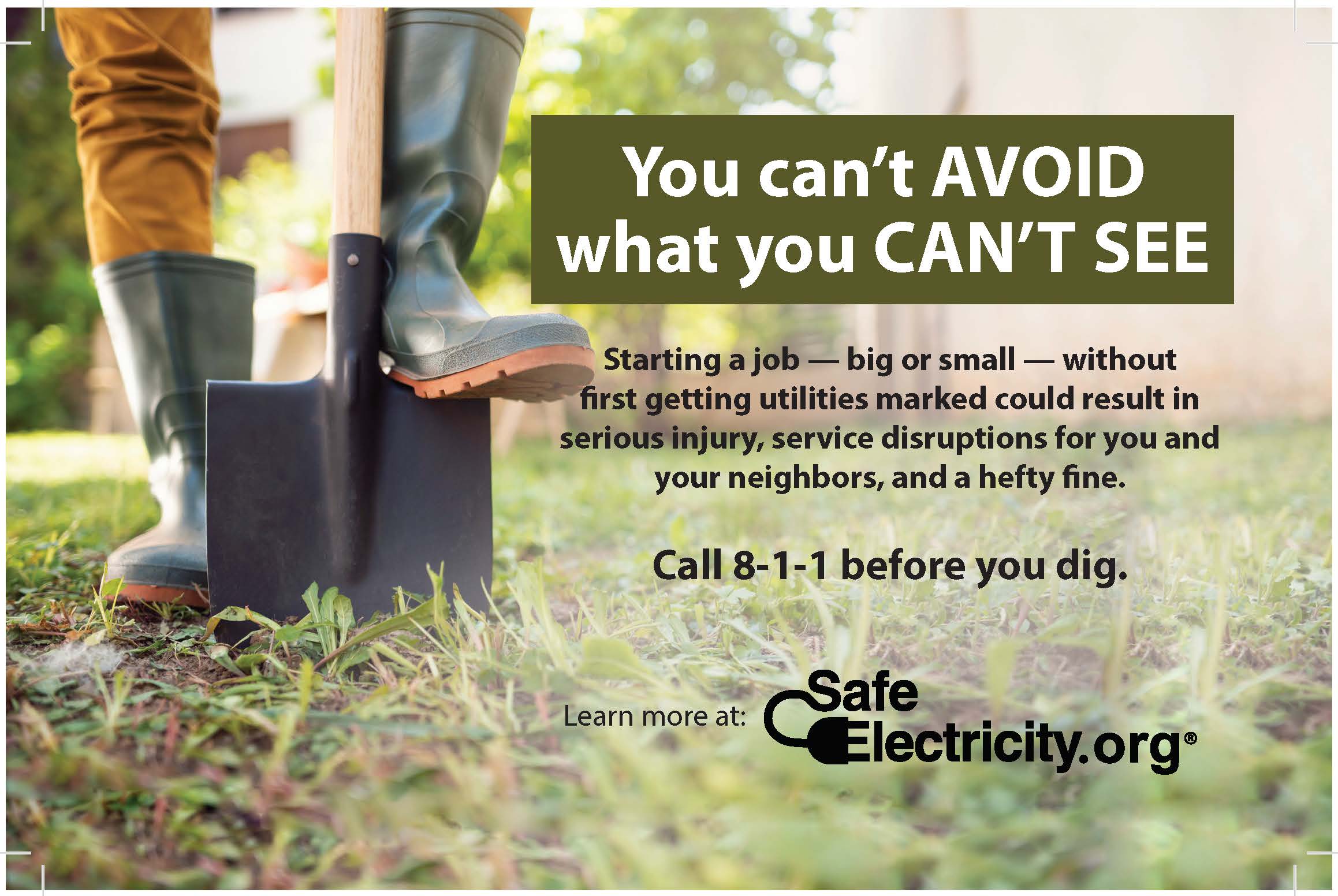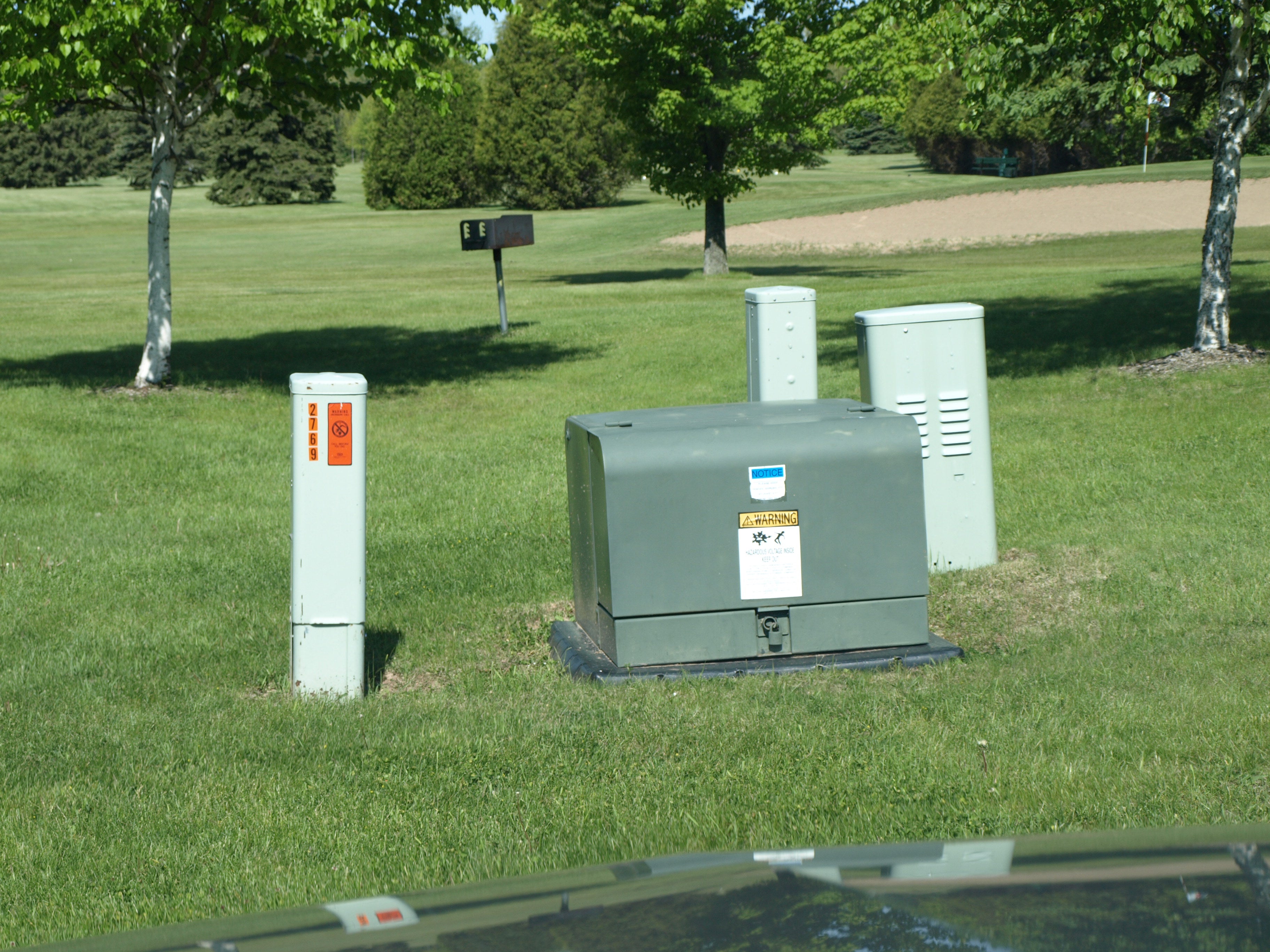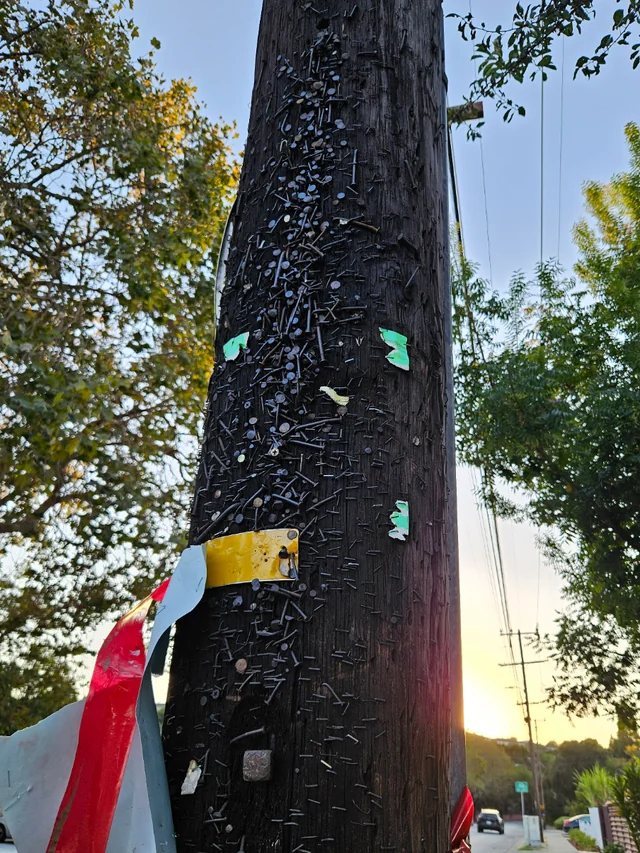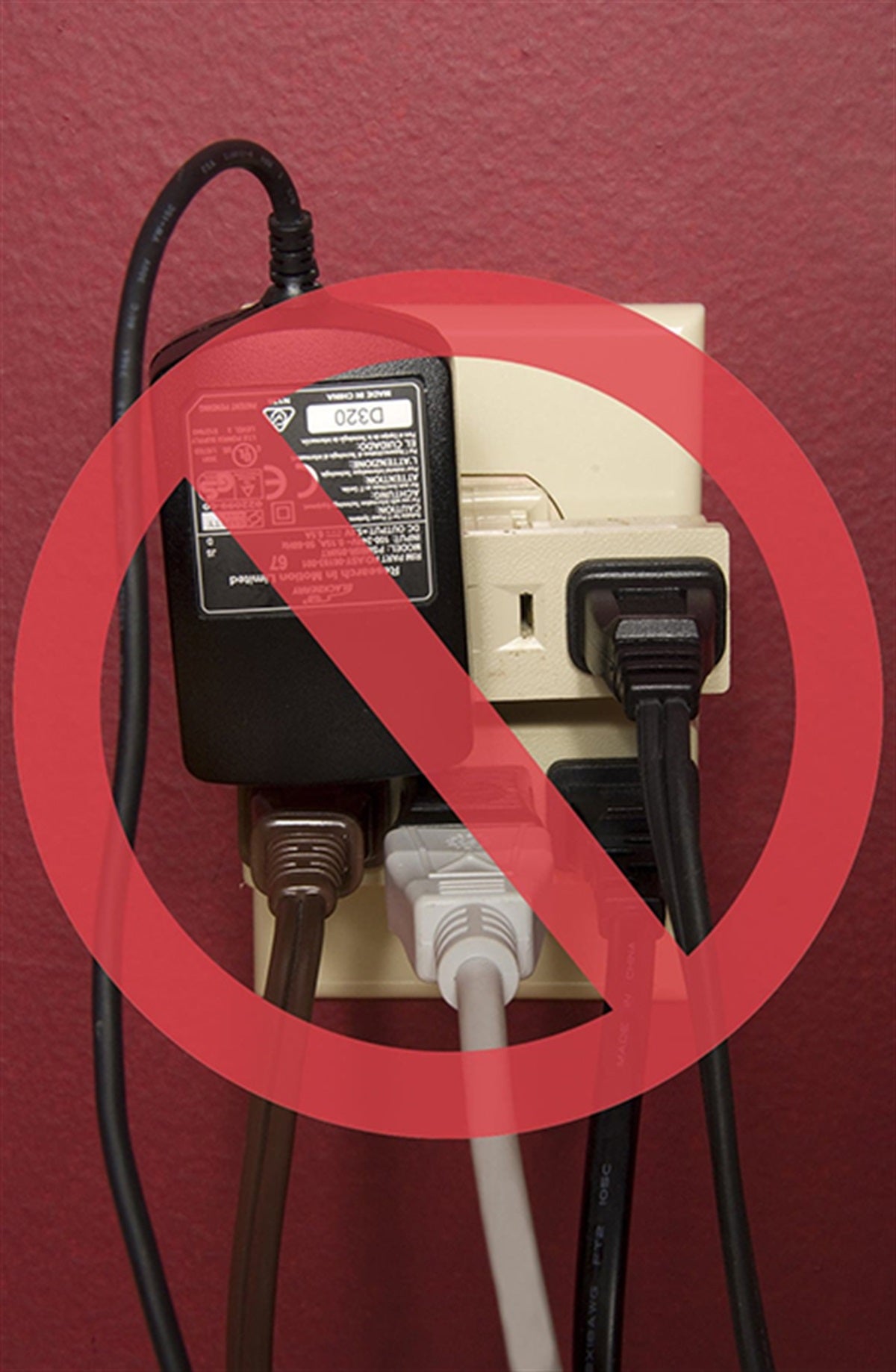REPORT OUTAGE | MEMBER ONLINE PORTAL | CONTACT US | OUTAGE MAP
Safety Tips
Safety Tips are practical guidelines designed to help individuals stay safe in various situations, especially during emergencies or hazardous conditions.
These tips cover areas such as electrical safety, storm preparedness, outage protocols, and general home or workplace precautions.
Following safety tips helps reduce risks, prevent accidents, and protect lives and property during everyday activities or unexpected events.
Sumter EMC provides safety presentations for our members, schools, and communities. If you are interested in a presentation, email communityevents@sumteremc.com.

You can never fully know what’s underground—always call 811 before starting any digging project! Many homeowners and workers are unaware of the utility lines that run beneath their property, and striking one can cause expensive repairs, project delays, and even life-threatening injuries. Always call 811 at least three days before digging to ensure safety. Safe Electricity and Sumter EMC urge you to follow these safety tips when digging.
Understanding Utility Markings:
When you contact 811, they’ll alert utility companies to mark the underground lines at your site using color-coded flags or paint. Each color corresponds to a specific utility: red for electric, yellow for gas, and blue for water.
Safe Digging Practices:
Once you receive your utility markings, it’s crucial to dig with caution. If the markings fade or are removed, be sure to restore them. When digging within 18-24 inches of a marked utility line, always use hand tools to minimize the risk of damage. Keep in mind that 811 does not locate private utilities. If your project involves systems like underground sprinklers or gas lines running to a garage, you’ll need to hire a private locator.
No matter the project, always call 811 before any form of digging. By taking this simple step, you can ensure that all your excavation work is done safely and responsibly.

As you beautify your yard, Sumter EMC and Safe Electricity remind you of these safety tips:
- Do not plant shrubs and trees close to green box transformers or other utility equipment. Limiting or restricting access to the box in your yard could delay restoration work during an outage and create a serious safety hazard. We need at least 10 feet of clearance in front of the transformer (the side that is padlocked), as well as four feet of clearance on the other three sides.
- Contact us with questions about landscaping around or installing fencing near a padmount transformer (or any other changes) to learn what is allowable.
- Contact us if the transformer becomes unlocked or if it or any other type of utility equipment appears to be damaged.
- Call 811 prior to digging around a transformer and respect the clearance requirements noted above. If you dig near a transformer (even if it is beyond the clearance requirements), you could inadvertently hit a live underground cable. Always call 811 prior to any digging.
- Keep a clear path to the transformer. Even though the transformer seems like it is in “your yard,” it is technically on an easement, and our workers need clear access to it to maintain equipment and keep power running smoothly.
- Contact us with any questions or concerns about the safety of padmount transformers. Always teach children that they should not sit on, open, or play around the green boxes.
Don't Attach Signs or Other Objects to Power Poles!
Sumter EMC's linemen are well trained and very dedicated men who take tremendous pride in serving you. You can help protect your linemen by not turning our utility poles into obstacle courses with tacks, nails and staples from posted signs, posters, notices or mounted recreational equipment. Tacks, nails and staples driven into Sumter EMC's utility poles can puncture the linemen's rubber safety gloves and leave them vulnerable to electrocution. Linemen whose climbing hooks hit a nail instead of sinking securely into wood may fall from the pole and sustain serious injuries. Remember, anytime a lineman must unfasten his safety harness in order to climb above an obstacle on a utility

pole, he's working without a net! Also, when linemen have to remove objects from poles in order to climb them during an outage, it takes much longer to restore your power. Sumter EMC's linemen climb the poles in all weather conditions and at all hours of the day or night to maintain and repair the equipment that brings you safe, reliable electric power. These dedicated men face enough danger in their efforts to keep your electric power on. Please do your part to help them eliminate additional hazards by not posting signs, posters and notices or mounting recreational equipment on our utility poles.
Tips For Avoiding Accidental Injury or Property Damage
Check appliance cords and extension cords for frays, broken plugs or damaged wires. They can cause electrical shocks or fires.
- If an electric appliance falls into the water, unplug it before you retrieve it, even if it is in the "off" position.
- Disconnect all appliances by pulling the plug directly from the socket. Do not pull on the appliance cord. You could damage it!
- Don't overload electric outlets.
- Make sure appliance cords do not come in contact with hot surfaces.
- Unplug all electric appliances before you work on them. Even when replacing a light bulb, it's best to unplug the lamp or turn the power off to the light fixture.

Do's and Don'ts of Extension Cords
- Use an extension cord only as a temporary connection.
- When using extension cords outdoors, make sure they are labeled for outdoor use.
- Install GFCI receptacles where cords will be used outdoors.
- Use a heavy-duty, grounded, three-pronged cord when working with power tools.
- Replace extension cords with worn or cracked insulation.
- Don't run extension cords across foot traffic areas or near water.
- Don't place furniture or other heavy objects on top of extension cords.
- Don't overload extension cords - be particularly careful about plugging multiple appliances into a single extension cord.
Know if your home's electrical system is properly wired.
How do you know if your home's electrical system is in need of repairs or upgrades? Here are five key indicators to remember:
- Whenever you turn on an appliance, such as a dishwasher, clothes washer or dryer, the lights in your home dim.
- You frequently have problems with fuses blowing or circuit breakers tripping off.
- Appliances that should heat up, such as toasters and irons, don't get as hot as they should or take longer to heat up.
- Your television picture shrinks when other lights or appliances come on.
- Lights brighten in part of the house when other lights or appliances come on.
If any of these problems plague your home, call in a licensed electrician quickly. Old, inadequate wiring, overloaded circuits, and other problems aren't just inconvenient, they're dangerous. So play it safe, and hire a qualified, professional electrician for rewiring your home, adding circuits, or upgrading your electrical systems.

Did you know that on average, at least 8 people lose their lives every day in car crashes caused by distracted driving? April is National Distracted Driving Awareness Month, and to help reduce these tragic accidents, Safe Electricity has some valuable reminders and tips to keep you and others safe on the road.
Texting is the most common form of distracted driving, but there are many other distractions that you might not even realize. In fact, there are three types to be aware of: Visual (taking your eyes off the road), Manual (taking your hands off the wheel), and Cognitive (taking your mind off driving). Examples include eating or drinking, scrolling through your music playlist, looking at your GPS, or talking on the phone.
Here are some tips to help prevent distracted driving:
- The text can wait—avoid texting while driving. To reduce temptation, adjust your phone settings to block messages and notifications while on the road.
- Never eat while driving.
- Set up your navigation before you start driving.
- Create a playlist in advance to avoid searching for music while driving.
Distracted driving is entirely preventable, and staying focused on the road is essential for your safety and the safety of others. Sumter EMC is committed to helping keep our communities safe on and off the road.
Here are a few easy and effective ways to reduce your energy use this summer, courtesy of Sumter EMC and Safe Electricity:
- Change your air filter regularly. A clean air filter helps your HVAC system run more efficiently, which means it won’t have to work as hard to keep your home cool.
- Raise your thermostat by two degrees. Even a small increase can reduce your energy use. Also, set your thermostat to a higher temperature when you're not at home.
- Install a smart or programmable thermostat. These devices automatically adjust your home’s temperature based on your schedule, helping you save energy without lifting a finger.
- Use major appliances during off-peak hours. Run washers, dryers, and dishwashers in the early morning or late evening when electricity demand is lower.
- Wash full loads in cold water. Save energy by doing fewer loads and skipping the hot water—modern detergents are designed to clean clothes effectively in cold water.
- Limit heat-producing activities during the hottest part of the day. Try to avoid cooking or using the oven in the afternoon. Instead, opt for microwave meals, grilling outdoors, or preparing cold dishes.
By following these simple tips, you can reduce your energy use, lower your bills, and stay cool all summer long.
